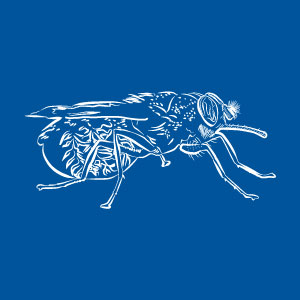
This objective involves the sociology and community engagement components of the study.
This objective is undertaken to determine attitudes, social influences and behavioural responses of Maasai towards vector borne diseases. Firstly, the “technology adopters” and “thought leaders” in the community are identified based on their attitudes and leadership. The researchers then work with the “technology adopters” and “thought leaders” to develop a communication strategy to share information with the Maasai.
The methods include questionnaires to collect information from individuals at the household level, focus groups, and interviews with key informants. An action research framework will guide efforts to translate study findings to local communities. This will include communicating findings to ensure:
- Relevance to and understanding by local communities
- Supporting health authorities as they integrate findings into control strategies
A central element of this approach involves developing a human-centred design toolkit that could include storyboards, posters and other approaches. The process will focus on identifying specific actions that can be implemented, as well as devising a plan for the long-term assessment of health and other outcomes.




